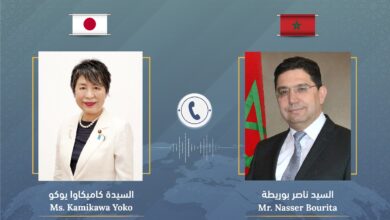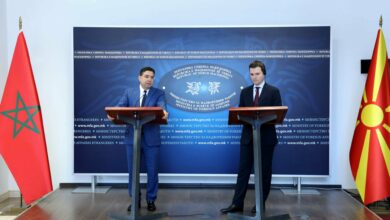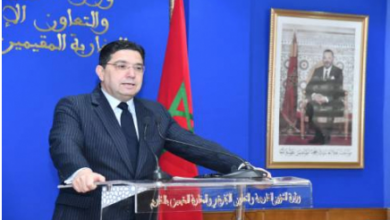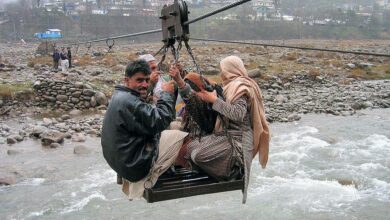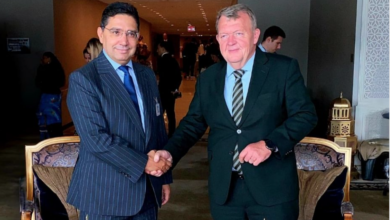Morocco Approaches a Decisive UN Stage in the Sahara Issue: A Quiet Diplomacy Laying the Ground for a Strategic Shift and Placing Algeria in Growing Isolation
Morocco Approaches a Decisive UN Stage in the Sahara Issue: A Quiet Diplomacy Laying the Ground for a Strategic Shift and Placing Algeria in Growing Isolation
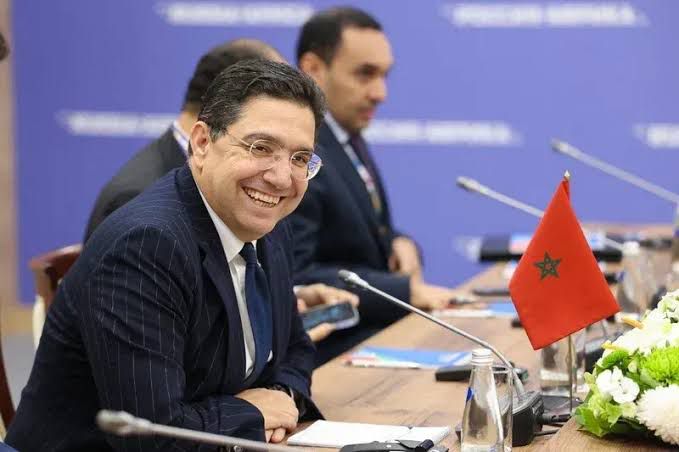
ALDAR / Iman Alaoui
As the UN Security Council session on the Moroccan Sahara, scheduled for next October, draws near, it is becoming clear that Rabat is steadily moving toward a pivotal moment that could reshape the contours of the issue at the international level. Moroccan diplomacy, under the leadership of Minister of Foreign Affairs, African Cooperation, and Moroccan Expatriates, Nasser Bourita, is weaving a balanced approach that combines calm with effectiveness, grounded in a strategic vision that sees autonomy under Moroccan sovereignty as the realistic and final solution.
Available information points to strong indications of a possible shift in the United Nations’ approach regarding the mandate of MINURSO, moving it away from its traditional role of monitoring the ceasefire toward a more proactive role in supporting the political process based on the autonomy plan. This potential transformation is echoed in the growing international support for Morocco’s position, most notably from the United States, which not only reaffirms politically the Moroccan identity of the Sahara but also encourages its major companies to invest in the southern provinces, thereby granting the issue an economic dimension that strengthens the legitimacy of Morocco’s proposal.
On another front, Moroccan diplomacy—through a wide network of bilateral and multilateral understandings—has managed to neutralize any threat of a “veto” within the Security Council. This achievement reflects not only the maturity of Morocco’s foreign policy but also its ability to impose itself as a reliable strategic partner in regional and international matters.
What stands out, however, is that these changes are not only reflected at the Security Council level but also cast their shadow over Algeria, which finds itself in growing diplomatic isolation. Support for its positions has significantly waned, while its rejection of the autonomy plan no longer resonates as strongly as it once did. Analysts point out that economic and political pressures, alongside the decline of regional alliances Algeria had relied upon, have left its ability to influence the course of the issue more limited than ever.
A deeper analysis suggests that Algeria is facing a strategic dilemma: on the one hand, it cannot withdraw its support for the Polisario Front without it being perceived as a political defeat; on the other, it is confronted with an international reality gradually leaning toward acknowledging the viability of Morocco’s autonomy proposal. This situation places Algeria in a state of diplomatic isolation that may intensify with any UN decision reinforcing autonomy as the final solution.
Thus, the upcoming October session may not be merely a procedural milestone in a long-standing UN debate, but rather a turning point that could redefine the balance of the region—cementing Morocco’s position as an emerging regional actor, while leaving Algeria facing unprecedented challenges in reassessing its strategic options.

